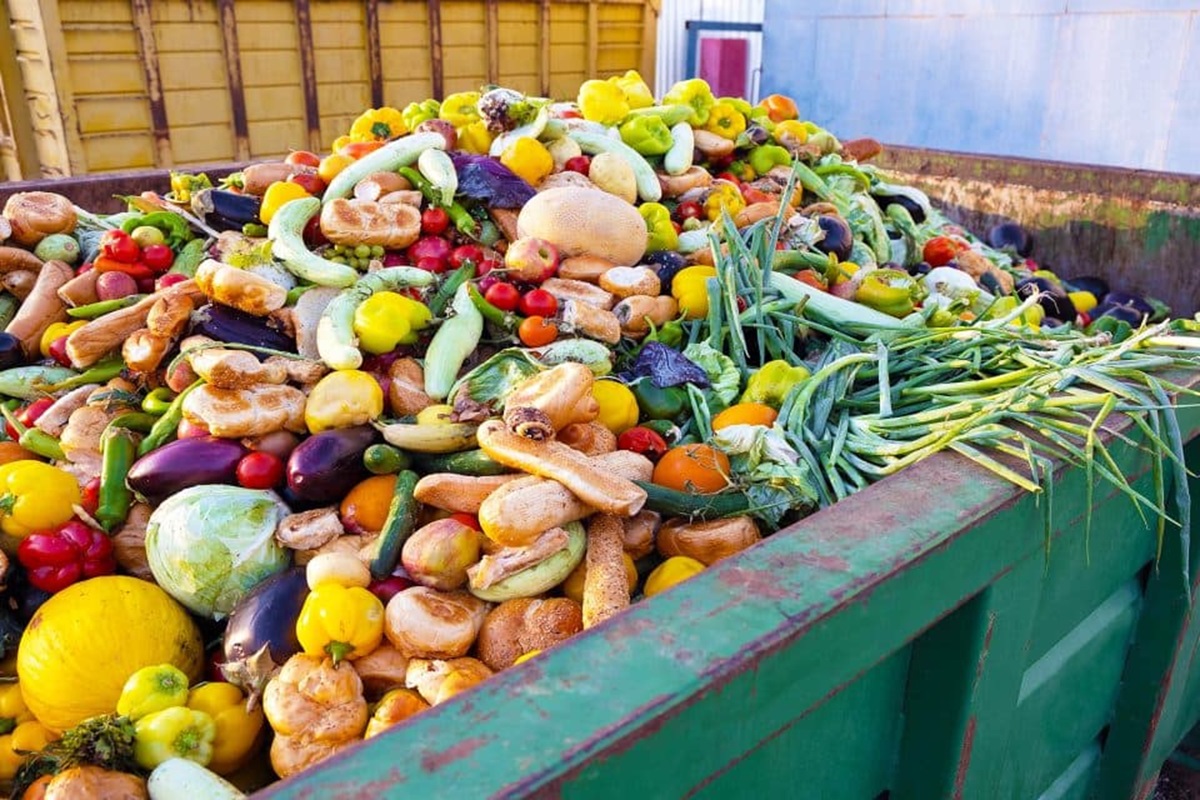Plastic pollution is a rising global crisis that spares no spot on our planet. From the deepest oceans to the pristine coastlines of Norway, traces of plastic waste are an unfortunate sight. This waste represents the intruder of a dangerous disgusting pollutant, yet it reflects a far-reaching systemic problem demanding global attention.

Scientists have been warning for years what out-of-control plastic pollution could do and have been cautioning that immediate steps be taken, while global plastic production and consumption levels saw a rise. The country of Norway, with its strict environmental stand, is proposing an international pact to decrease the flow of plastics into the environment. Yet, what is also important to point out is that even Norway adds to the plastic pollution.
Thanks to the high-resolution study provided by Norwegian University of Science and Technology (NTNU) scientists and their colleagues with the help of the Norwegian Air Research Institute (NILU). We now have a complete, detailed mapping of the complex plastic cycle down to each type of product and polymer in Norway. But, being green, Norway discharges around 15,000 tons of plastic into the environment each year.
The new study found that an enormous 758 thousand tons per year of plastic ends up on the Norwegian market, with 632 thousand tons as waste. Though nearly half this amount is burned, just 2.4% goes into the environment. Yet this “small” amount means an average of 2.8 kg per capita.
The most significant contributors to macroplastics were considered to be consumer packaging, such as bottles and bags. On the other hand, one of the highest contributions to microplastics came from tire abrasion, especially from electric and hybrid cars. Production of such items continues to remain at high levels, although a focus remains on decreasing the amount that is released. We just consume more than we can gather. Thus, it is necessary to cut down on plastic use to stop the pollution at its roots.
